Publications
Articles, publications, books, tools and multimedia features from the U.S. Institute of Peace provide the latest news, analysis, research findings, practitioner guides and reports, all related to the conflict zones and issues that are at the center of the Institute’s work to prevent and reduce violent conflict.
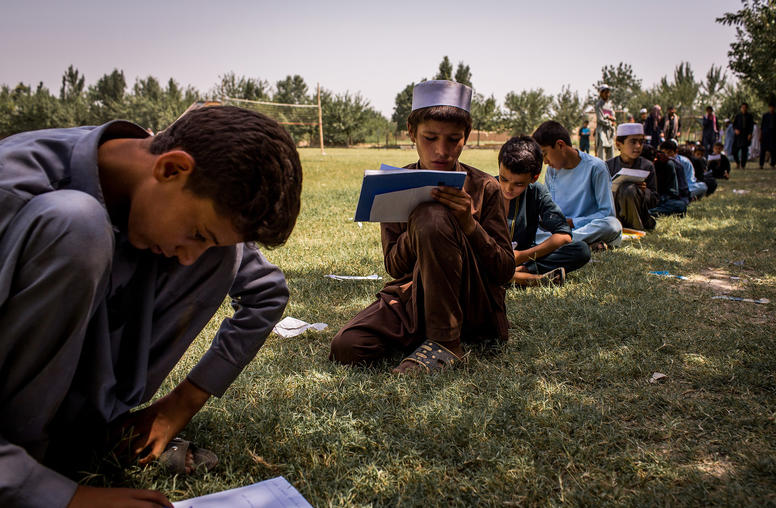
Service Delivery in Taliban-Influenced Areas of Afghanistan
In 2018 and 2019, USIP partnered with the Afghanistan Analysts Network (AAN), a Kabul-based research and policy organization, in an effort to understand how the Taliban provide education, health, and other services to people who live in areas where they are the dominant power. Based on a series of studies conducted by AAN in five districts across the country, the report also examines the Taliban's motivations as a governing entity and their implications for a potential peace settlement.
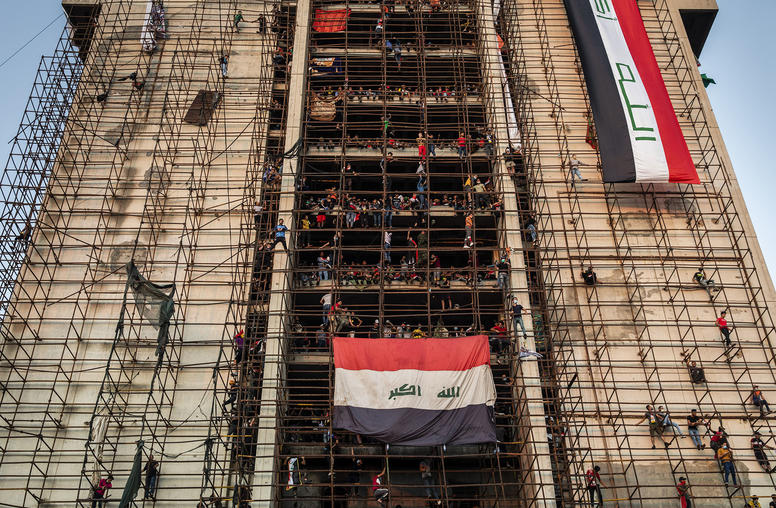
The Coronavirus Crisis Could Reshape U.S. Policy in the Middle East
Although COVID-19 has yet to hit the Middle East with full force, the pandemic’s second and third order effects could impact the region in the most profound ways. The virus threatens to exacerbate the region’s deep-seated ills—poor governance, inadequate economic growth, deep societal fissures, pervasive conflict, and displacement—and shape the Middle East’s post-pandemic landscape.

Jonathan Pinckney on Social Movements and Coronavirus
Coronavirus has led to a 70 percent decline in public protests worldwide compared to last year—but this doesn’t mean social movements are going away. “There are literally hundreds of other tactics … to express dissent while still following social distancing guidelines,” says USIP’s Jonathan Pinckney.
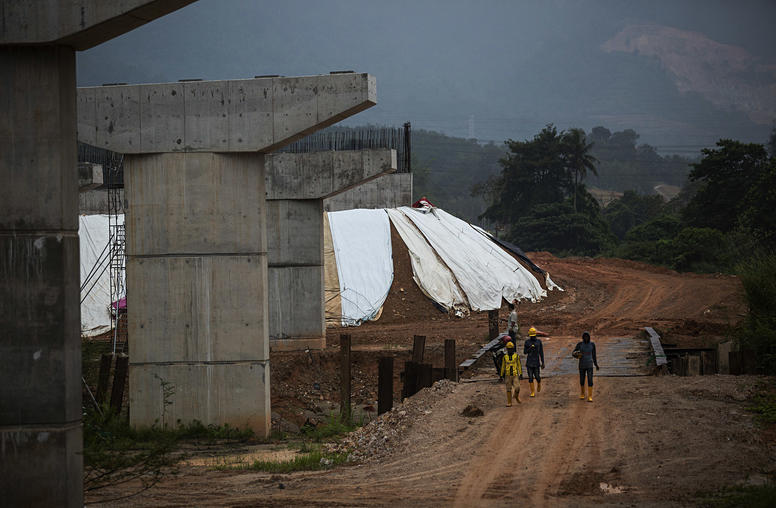
China’s Belt and Road: Progress on ‘Open, Green and Clean?’
A year ago, Chinese leaders committed themselves to cleaning up their act in pursuit of the Belt and Road Initiative (BRI)—Beijing’s plan to connect China to the world largely through infrastructure projects. The BRI had become synonymous with environmental degradation, corruption, and lack of transparency, and China’s top officials pledged new approaches. The Belt and Road Initiative, they said, would become “open, green, and clean” as it worked with partner countries to build public works, deepen trade linkages, and advance financial and development policy connections around the world.
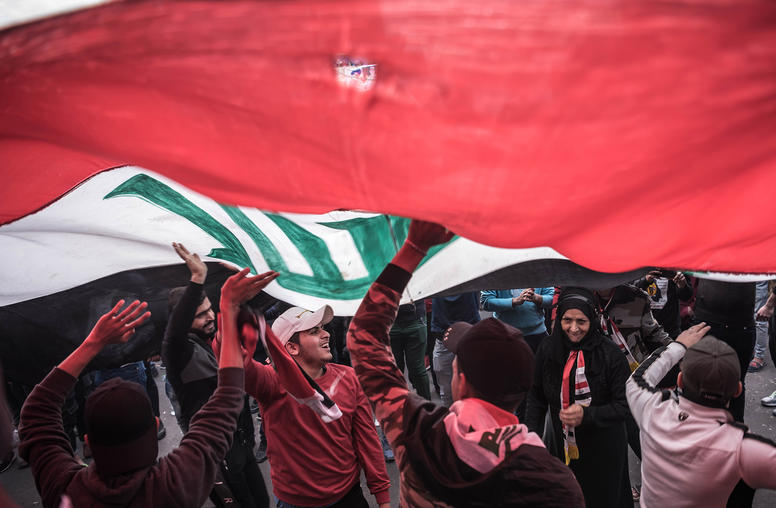
Using Smart Power to Counter Iran in Iraq
Beginning with the early January killing of Iranian military commander Qassem Soleimani, the first months of 2020 have seen a spike in long-simmering tensions between the U.S. and Iran. Those tensions have largely played out within the borders of Iran’s western neighbor, Iraq, just as they have for much of the last 17 years. Still bearing the battle scars from years of war, few in the region want to see an escalation to more overt conflict. And after nearly two decades, the American public has clearly demonstrated its own fatigue with endless wars. The question remains, then, how can the U.S. achieve its objectives in regard to Iran and Iraq without military action?
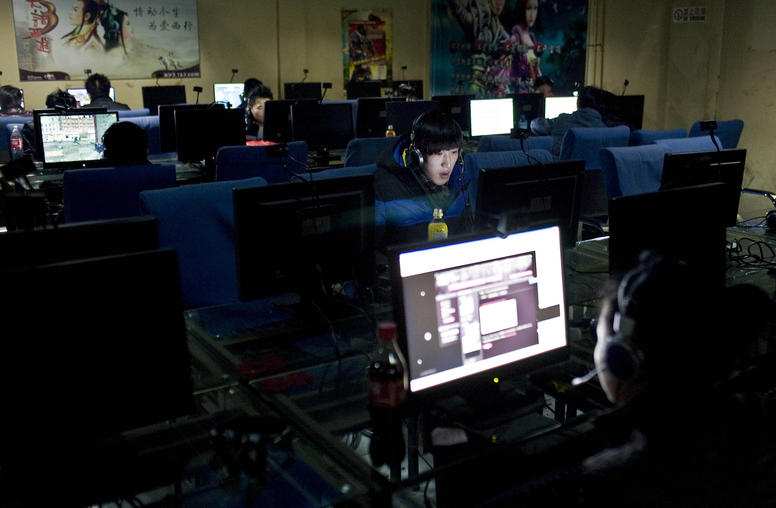
Amid Coronavirus, Online Activism Confronts Digital Authoritarianism
As the COVID-19 pandemic expands, many social movements have had to drastically rethink their strategies. Movements that previously relied on the visibility and disruption of street protests have either been forced off the streets by quarantine restrictions or have voluntarily ended public protests to protect public health. Yet, this significant reduction in public protests does not mean that movements have gone away.
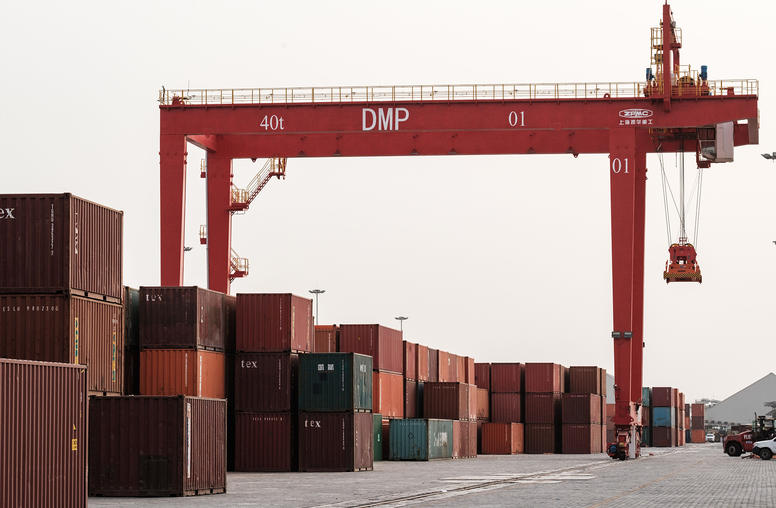
China’s Impact on Conflict Dynamics in the Red Sea Arena
This report focuses on China’s influence and activities in the region and its relationships with twelve Red Sea arena states: Djibouti, Egypt, Eritrea, Ethiopia, Oman, Qatar, Saudi Arabia, Somalia, South Sudan, Sudan, the United Arab Emirates (UAE), and Yemen.
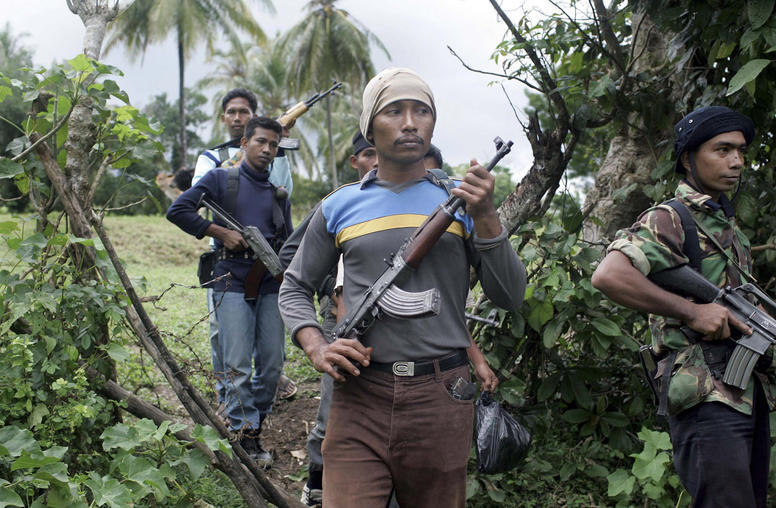
Can We Make Peace with the Coronavirus?
As humanity struggles to confront the coronavirus pandemic, we face no greater obstacle than the violent conflicts worldwide that prevent many communities and nations from the necessary task of working in unison. Is it conceivable to have Israelis and Palestinians working cooperatively to contain the virus, or the opposing sides in bitter conflicts from Afghanistan to Yemen? It is not only conceivable, a practical model for achieving this cooperation is available in the work of environmental peacebuilders—visionary groups that have been working across the lines of conflict to confront the universal threat of climate change.
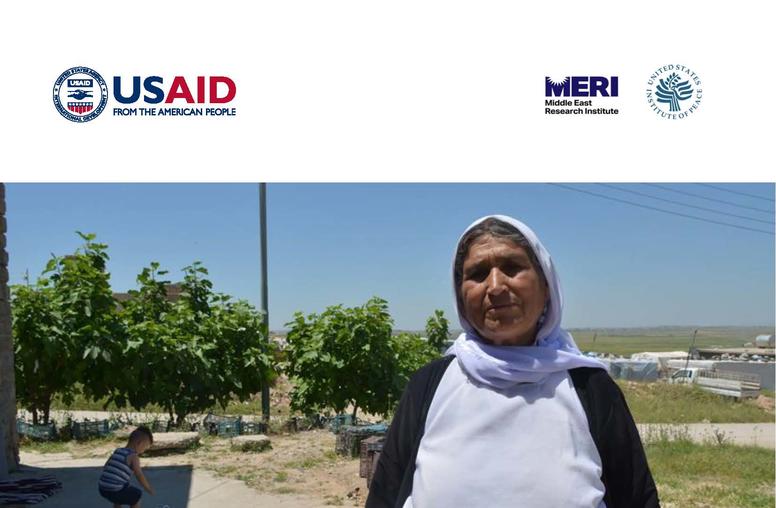
Ninewa Plains and Western Ninewa: Sustainable Returns and Stabilization Efforts
The aim of this report is to map previous and current initiatives undertaken by local, provincial and national governments, civil society organizations, international NGOs and other actors to address
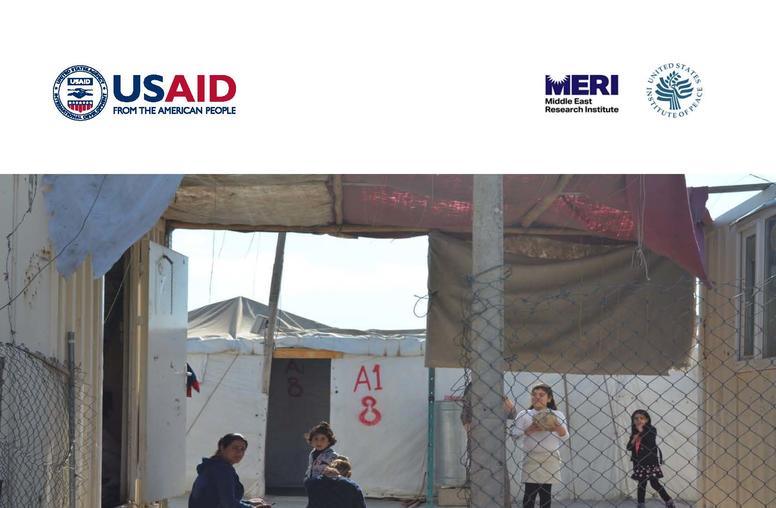
Ninewa Plains and Western Ninewa: Barriers to Return And Community Resilience
This report is a meta-analysis of the vast literature on Ninewa IDPs and the barriers to their return. It covers important analytical and contextual gaps with firsthand research to inform and enhance stakeholder policies.